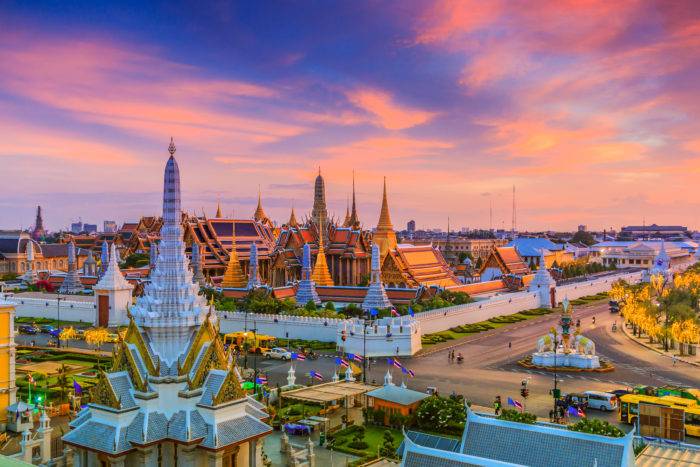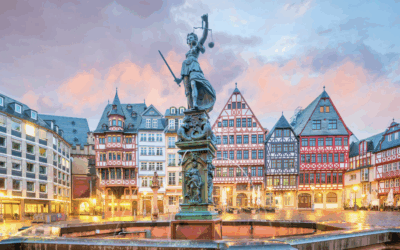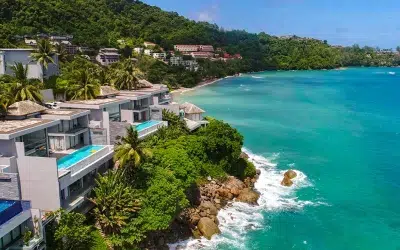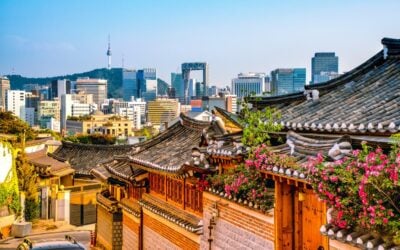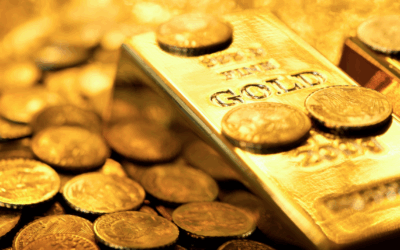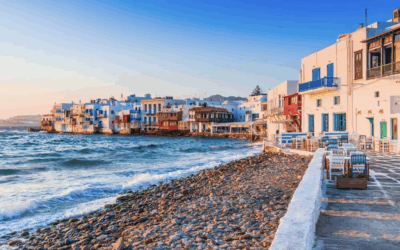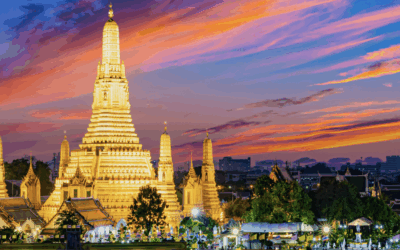Bangkok, the beating heart of Thailand, is a city that defies simple definition.
It’s a place where ancient traditions meet modern innovation, where serene temples stand just steps away from bustling street markets, and where the chaotic energy of the city is balanced by its warm hospitality.
As a foreign expat living in Bangkok, the city offers an intoxicating blend of affordability, opportunity, and cultural richness. Indeed, Thailand’s capital has a way of capturing your heart and never letting go.
This guide aims to serve as your compass to expat living in Bangkok. We’ll cover practical tips on finding a home, the cost of living in Thailand, and much more to help you make the most of your experience here.
Is Bangkok the Right Place for You?
Bangkok is truly a city of contrasts. It’s both chaotic and serene, ancient and cutting-edge.
For expats, the city offers a chance to immerse themselves in a culture rich with history while enjoying the conveniences of modern living.
One of Bangkok’s main draws is its affordability. Compared to Western cities, the cost of living is significantly lower.
Housing, food, and transport are all budget-friendly, especially for those willing to live like the locals. However, Bangkok isn’t without its challenges.
The city’s infamous traffic, occasional air pollution, and language barriers can indeed take some getting used to. Still, for many expats, the pros far outweigh the cons.
Best Parts of Living in Bangkok
- Affordable Cost of Living: Housing, food, and transport are much cheaper compared to cities like New York or London.
- Unique Culture: From historic temples to lively festivals, Bangkok is a cultural treasure trove.
- Travel Hub: Bangkok’s central location and extensive transport connections make it an ideal base for exploring Southeast Asia.
Worst Parts of Living in Bangkok
- Traffic Congestion: Heavy traffic is a daily reality, making commutes long and occasionally frustrating.
- Air Pollution: The city’s air quality can be poor, particularly during certain seasons.
- Language Barrier: While English is widely spoken in tourist areas, learning some Thai is essential for deeper integration.
Bangkok’s Culture and Lifestyle
Thai culture is deeply rooted in Buddhism, and this is evident in the daily lives of its people. Respect, humility, and politeness are core values.
For example, the traditional Thai greeting, the “wai,” involves pressing your palms together and bowing slightly – a gesture that reflects respect and gratitude to elders.
Buddhism also influences many of the city’s customs. When visiting temples, it’s essential to dress modestly, covering your shoulders and knees, and to remove your shoes before entering sacred areas.
Public displays of affection are generally frowned upon, and it’s considered disrespectful to point your feet at people or religious icons.
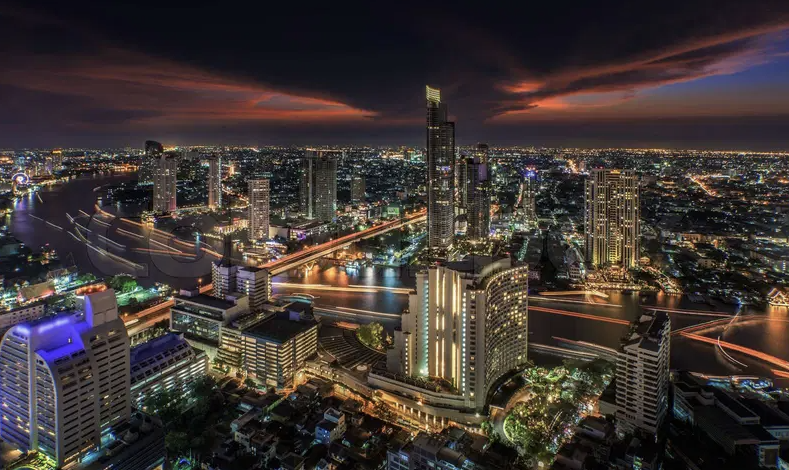
In Bangkok, you can get vibrant street food, world-class healthcare, and easy travel connections all in one.
Despite its deep cultural roots, Bangkok is also a city of indulgence. From rooftop bars and Michelin-starred restaurants to bustling night markets and lively nightlife districts, Bangkok offers something for everyone.
Areas like Sukhumvit Soi 11 and Khao San Road are famous for their vibrant nightlife, while the city’s many speakeasy bars provide a more refined experience.
Cost of Living in Bangkok
Living in Bangkok is surprisingly affordable, especially for expats coming from Western countries. Here’s a breakdown of typical expenses:
- Housing: A one-bedroom apartment in the city center costs around $600 per month, while a three-bedroom luxury apartment can go up to $5,000. For those willing to live outside the city center, prices drop significantly, with one-bedroom apartments costing around $300.
- Food: A meal at a local restaurant costs between $3 to $5, while dining at a mid-range restaurant might set you back $10. For those who enjoy cooking, groceries from local markets are very affordable.
- Transport: Bangkok’s public transport is both efficient and cheap. A taxi ride costs around $10 for an hour, and local trains or tuk-tuks are even more budget-friendly.
For expats accustomed to Western standards, living luxuriously in Bangkok is still relatively affordable. With that said, those willing to embrace a more local lifestyle can stretch their budgets even further.
Finding a Home in Bangkok
Bangkok offers a wide range of housing options, from high-rise condos with modern amenities to traditional Thai-style homes.
Several of the most popular neighborhoods in Bangkok for expats include:
- Sukhumvit: Known for its upscale apartments, international schools, and vibrant nightlife.
- Silom: The financial district, offering luxury condos and proximity to Lumpini Park.
- Ari: A quieter area with a mix of trendy cafes and residential properties.
When searching for a home, it’s advisable to work with a local real estate agent who understands the market.
Renting in Bangkok is fairly straightforward. It’s worth noting that most leases require a one-month deposit and one month’s rent upfront.
Healthcare and Education
Thailand boasts a high standard of healthcare, with many expats praising the quality of its private hospitals. A consultation with a private doctor typically costs between $25 and $90.
While public healthcare is available to employed foreigners, most expats opt for private health insurance to access the best facilities.
For families, Bangkok offers numerous international schools catering to expat children. These schools follow various curricula, including American, British, and International Baccalaureate (IB).
Navigating Thai Visas
Getting a residence permit in Thailand is relatively straightforward compared to many other countries in Asia.
In fact, there are multiple ways to secure residency in Thailand, many of which are more accessible and affordable than options in other nations. These methods often don’t require continuous physical presence and grant the right to reside full-time in the country.
However, it’s worth noting that if your ultimate goal is citizenship through naturalization, Thailand doesn’t offer its passport through such options, even if you meet all the necessary criteria.
Thai Elite Visa
One of the most popular residency options in Thailand is the Elite Visa which saw significant updates back in 2023 with the introduction of new packages and increased minimum amounts.
This visa program now offers four tiers: Gold, Platinum, Diamond, and Elite Reserve, each with varying fees and benefits:
- Gold: Priced at ฿900,000 (approximately US$25,000), this visa is valid for five years and doesn’t allow additional members.
- Platinum: This package costs ฿1.5 million (around US$45,000) and permits family members to join for an additional ฿1 million per person. It is valid for five years and requires at least two applicants.
- Diamond: Available for ฿2.5 million (approximately US$70,000), this visa is valid for 15 years. Additional family members can be included for ฿1.5 million each.
- Reserve: An exclusive, invitation-only membership costing ฿5 million (around US$140,000), valid for 20 years. Family members can join for an additional ฿2 million each. This package includes extensive privileges.
The Thai Elite Visa is ideal for those seeking long-term residency with added perks such as concierge services, airport privileges, and flexible travel.
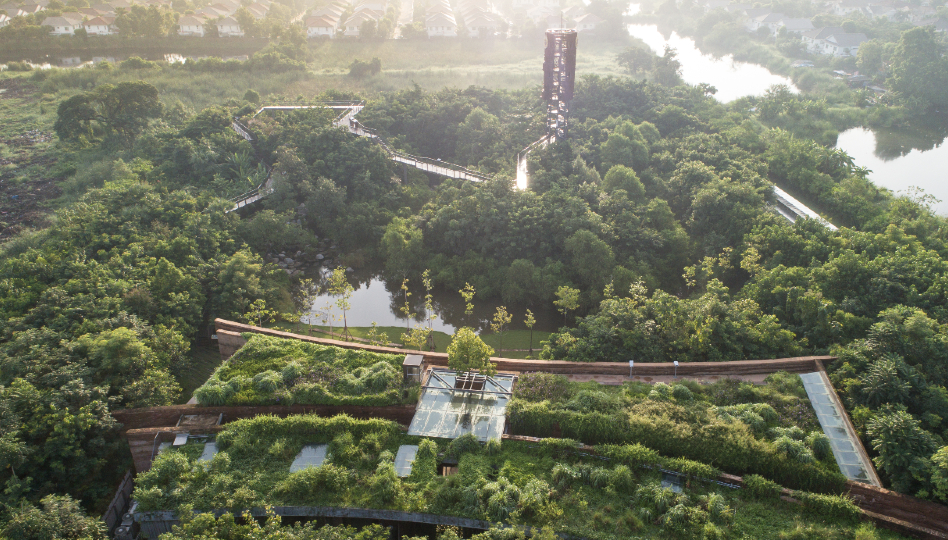
While often criticized for the lack of trees in the city, Bangkok still has some greenery to offer. Lumpini Park, Chatuchak Park and many others are gaining more attraction from locals and expats alike.
Business Visa
For those conducting business in Thailand, a non-immigrant visa is available. Initially valid for 90 days, this visa can be upgraded to a one-year renewable visa.
However, foreigners should keep in mind that they can’t own more than 50% of shares in a Thai company.
Retirement Visa
For anyone aged 50 or older, the retirement visa in Thailand is the most popular choice. To qualify, applicants must meet one of the following financial criteria:
- Maintain a Thai bank account with a deposit of ฿800,000 (approximately US$23,000).
- Show proof of a monthly pension or income of at least ฿65,000 (around US$1,800).
- Combine both income and savings to meet the required threshold.
The retirement visa is valid for one year and can be renewed annually. However, holders of this visa are not permitted to work while residing in Thailand.
Investment Visa
Another option is the investment visa, which requires an investment of around US$300,000 in stocks, bonds, property or other approved assets.
This visa is temporary but is renewable annually, provided the investment is maintained.
Tips for a Smooth Transition to Bangkok Expat Life
- Learn Basic Thai: While English is widely spoken, knowing a few Thai phrases will go a long way in daily interactions.
- Prepare for the Weather: Bangkok’s tropical climate means it’s hot and humid year-round. Invest in light, breathable clothing.
- Embrace the Culture: Respect local customs and traditions to integrate seamlessly into Thai society.
- Plan Your Finances: With recent changes to Thailand’s tax laws, it’s essential to structure your finances wisely to minimize tax liabilities.
Should You Move to Bangkok?
Living in Bangkok as an expat is more than just a change of address; it’s a journey into a world of contrasts and possibilities. It’s a city that invites you to explore its bustling streets, savor its diverse flavors, and immerse yourself in its rich cultural tapestry.
Bangkok truly challenges you to step out of your comfort zone and rewards you with unforgettable experiences and a lifestyle that’s hard to beat.
While the city’s pace can be overwhelming at times, its charm lies in its ability to be whatever you need it to be – a dynamic hub for work, a tranquil retreat, or a gateway to the rest of Southeast Asia.
For those willing to embrace its quirks and adapt to its rhythms, Bangkok offers a life brimming with opportunity and adventure.
Indeed, Thailand’s capital city has a way of making every moment feel extraordinary.
But remember Thailand is a relatively large country. While you’re at, why not consider other parts of the country like Phuket?
There’s nothing quite like Bangkok. Be sure to carefully consider all of your options before finalizing a major life decision though.
FAQs: Living in Bangkok, Thailand
How Much Does it Cost to Live in Bangkok?
Bangkok is surprisingly affordable. A one-bedroom apartment in the city center costs around $600 (฿20,000) per month, while dining at a local restaurant can cost as little as $3-5 per meal (฿100-฿150)
Transport in Bangkok is similarly budget-friendly, with a taxi ride costing about $10 for an hour. Trips on the BTS Skytrain or MRT cost between $1 and $2 per trip (฿30-฿60)
What Are the Cons of Living in Bangkok?
While Bangkok has much to offer, it also has its downsides:
- Traffic congestion: Heavy traffic can make commuting frustrating.
- Air pollution: The city’s air quality can be poor, especially during certain seasons.
- Language barriers: While English is widely spoken in tourist areas, learning basic Thai is essential for deeper integration.
Is Bangkok a good place for expats to live?
Yes, Bangkok is an excellent place for expats to live, offering a unique mix of affordability and modern conveniences. It's a city where ancient traditions coexist with cutting-edge innovation. It's one of the most popular cities to live in Asia as a foreigner - hundreds of thousands of expats call Bangkok home.
With all that said, challenges like traffic congestion, air pollution, and language barriers can take some getting used to.
How is Healthcare in Bangkok for Expats?
Bangkok's overall healthcare system is of high quality, especially in private hospitals. A consultation with a private doctor typically costs between $30 and $100.
While public healthcare is available for employed expats in Thailand, most foreigners opt for private healthcare to access the best facilities - normally this is covered with your insurance.
What Are the Best Areas to Live in Bangkok as an Expat/?
Some of the most popular neighborhoods in Bangkok for expats include:
- Sukhumvit: Known for upscale apartments and vibrant nightlife.
- Silom: The financial district, offering luxury condos and proximity to Lumpini Park.
- Ari: A quieter area with trendy cafes and residential properties.

